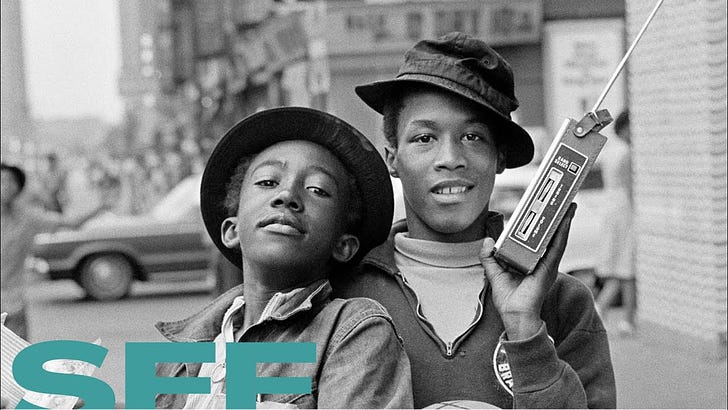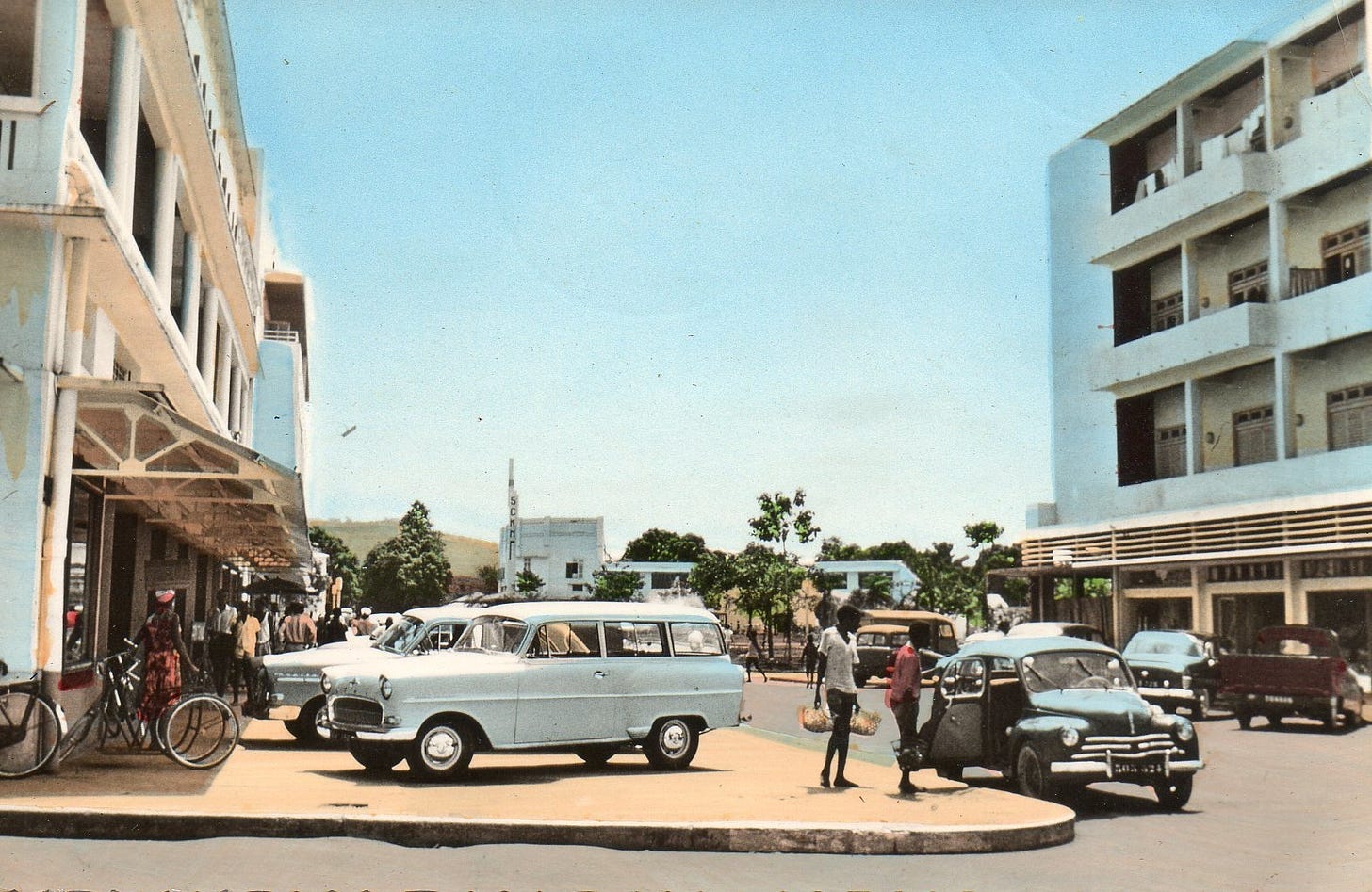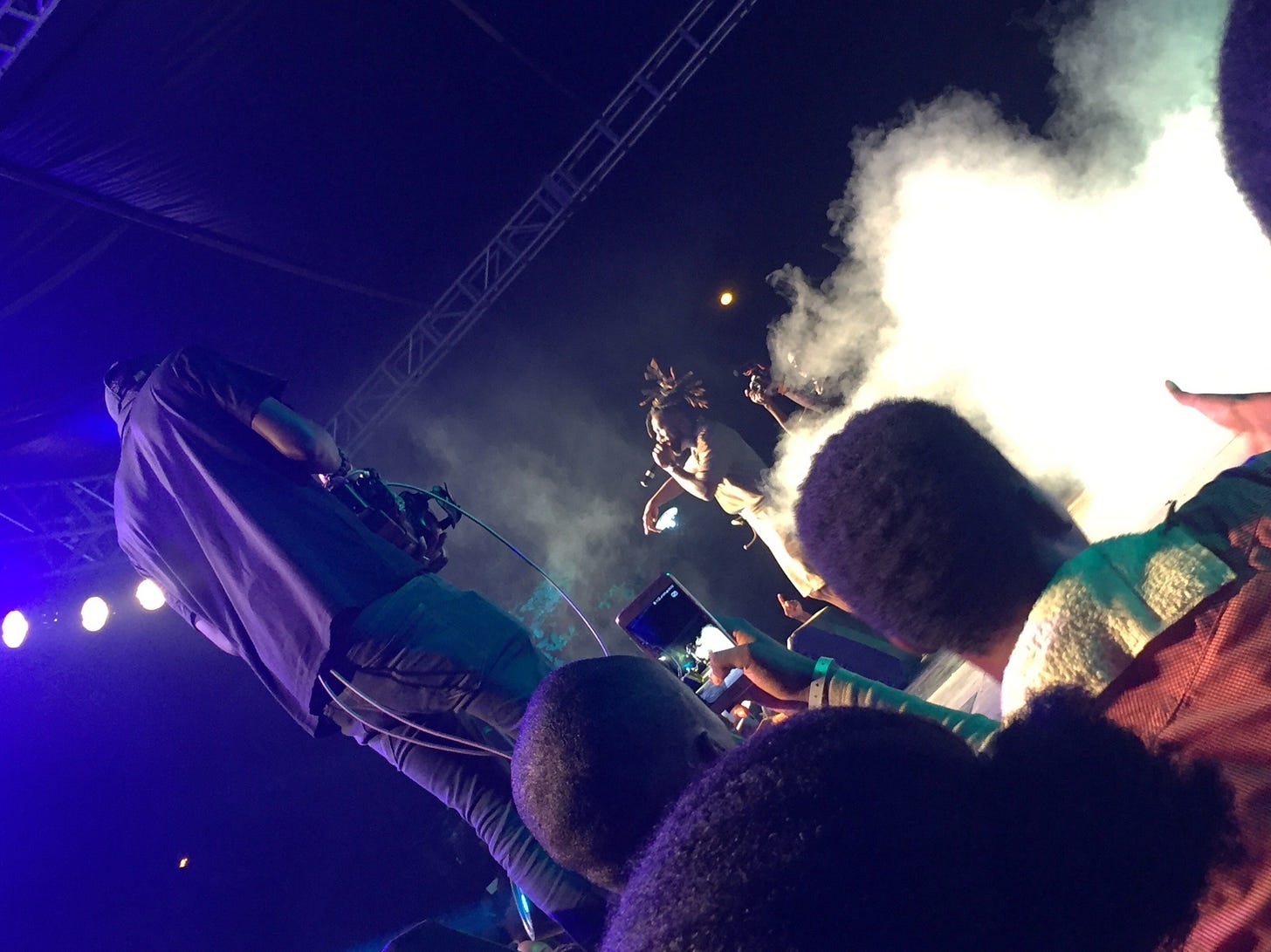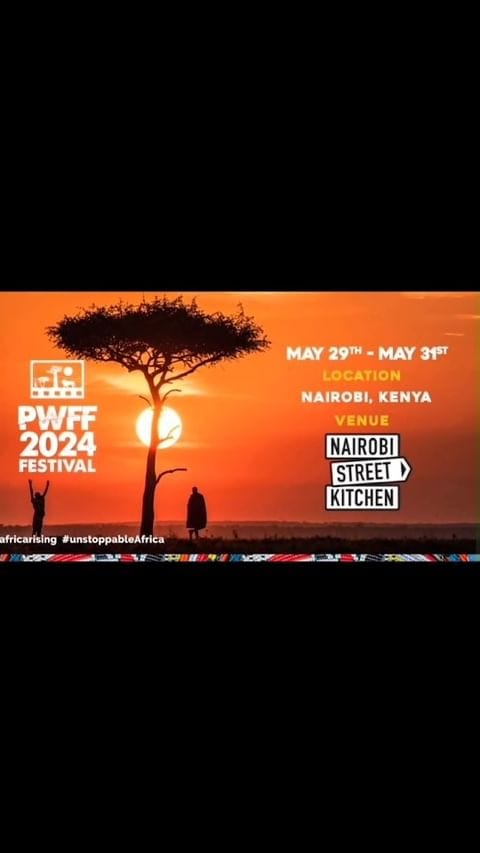🔅 🎥 Lights, Camera, Disruption!
From forgotten photography legends to wildlife film revolutionaries, African creatives are shaking up the status quo
Image of the Day
Bagui, Central African Republic, 1960.
Spotlight Stories
New Doc Reveals the Forgotten Genius of Ernest Cole
A new must-see documentary made it to the Toronto International Film Festival last week, and it's all about a forgotten hero of photography.
Haitian filmmaker Raoul Peck, known for his deep dives into colonialism and injustice, turned his lens on Ernest Cole, the South African photojournalist who captured the brutal reality of apartheid in the 1960s.
Cole's 1967 book "House of Bondage" was a groundbreaking exposé of the apartheid regime, but it got him banned from his own country.
(Talk about a backhanded compliment.)
Cole spent the rest of his life in unhappy exile, struggling to find his footing as an artist and ultimately dying in obscurity in 1990, just as apartheid was finally coming to an end.
But there's a plot twist!
In 2016, a Swedish bank randomly discovered 60,000 of Cole's negatives in its vaults. Apparently someone had been using them as collateral for a loan or something? The bank isn't saying. But the point is, this massive trove of never-before-seen photos is now the backbone of Peck's new doc, "Ernest Cole: Lost and Found".
And let us tell you, these photos are a revelation.
Cole had a gift for capturing people at their most authentic, whether it was the defiant gaze of a protester or the furtive glance of someone at a Times Square peep show (hey, it was the '60s).
The film's voiceover, read by none other than LaKeith Stanfield, paints a vivid picture of Cole as a restless spirit and uncompromising artist, always searching for the next shot and the next story.
But "Ernest Cole: Lost and Found" isn't just a biography of one man - it's also a searing indictment of the apartheid regime and the way it destroyed lives and communities. Peck draws provocative parallels between South Africa and the Jim Crow South, using Cole's own words and experiences to drive the point home.
So if you get the chance, do yourself a favor and check out "Ernest Cole: Lost and Found". It's a chance to discover a forgotten genius of photography and to see the world through his unblinking lens.
Nigerian Music Industry to Aspiring Artists: "Show Me the Money!"
So, you think you've got what it takes to be the next Burna Boy or Ayra Starr? Well, you better have deep pockets, because breaking into Nigeria's Afrobeats scene is about as easy as finding a parking spot in Lagos during rush hour.
Thanks to the influx of foreign record labels like Sony, Warner, and Universal, the cost of making it big in the Nigerian music industry has skyrocketed.
Shooting a decent music video? That'll cost you millions of naira.
Marketing your music? Not cheap.
And don't even think about getting your songs played on the radio or featured on popular playlists without shelling out some serious cash. As Lucas Jay Emodi, a promoter for the major labels in Lagos, puts it, "The prices can only go up. There's no going down for this."
But what about all that talk of democratizing the creative process and using social media to get discovered? Well, that's all fine and dandy, but unless you've got a trust fund or a rich uncle, good luck getting noticed in the sea of aspiring artists.
With Nigeria's rising cost of living and an economic downturn, many young artists are struggling just to keep the lights on, let alone finance their music careers.
Even breakout stars like Odumodublvck, who signed with Universal Music-backed Native Records, had to get creative when they were starting out. "When I started music, I didn't have money to pay for billboards," he says. "So what did I do? I used spray paint. Just find a way."
But for every Odumodublvck who manages to catch a break, there are countless other talented artists who may never get their shot at the big time. With an average of just two breakthrough artists per year in Nigeria, the odds of making it are about as slim as winning the lottery.
The Pridelands Wildlife Film Festival: Championing African Voices in Wildlife Filmmaking
Picture this: you're a young, ambitious Kenyan woman, fresh out of film school and eager to make your mark in the world of wildlife filmmaking. You've got the skills, the passion, and the drive to tell incredible stories about the wild wonders of your homeland.
There's just one problem:
The industry is dominated by white men from the West, and the only people who look like you are usually stuck in roles like cooks or guides.
And that’s where Fiona Tande, the founder of Pridelands Films and the Pridelands Wildlife Film Festival (PWFF), steps in.
Fed up with the pervasive racism and lack of representation in both the conservation and film industries, Tande decided to take matters into her own hands.
Pridelands Films: Linking Local Talent with Global Crews
First, she set up Pridelands Films, a Kenya-based wildlife film company that connects foreign crews with homegrown filmmaking talent. No more flying in a bunch of white dudes to tell African stories – Tande's all about empowering local creatives to take the lead.
But Tande didn't stop there. In 2022, she launched the Pridelands Wildlife Film Festival, a celebration of the incredible work being done by African filmmakers in the wildlife space. The festival has been a huge success, with submissions nearly doubling each year and filmmakers from Uganda, Tanzania, Kenya, and South Africa flocking to attend.
No more generic, utopian visions of pristine savannas and majestic lions - PWFF is all about showcasing the real, complex stories of people and wildlife coexisting in a rapidly changing world.
Of course, there's still a long way to go. Amongst other things, Tande recognizes that women in the industry need support, trust, and opportunities from production companies to truly thrive.
But with trailblazers like her leading the charge, there's no doubt that the future of African wildlife filmmaking is bright.
Food for Thought
“Follow the river and find the sea.”
— Zambian Proverb







